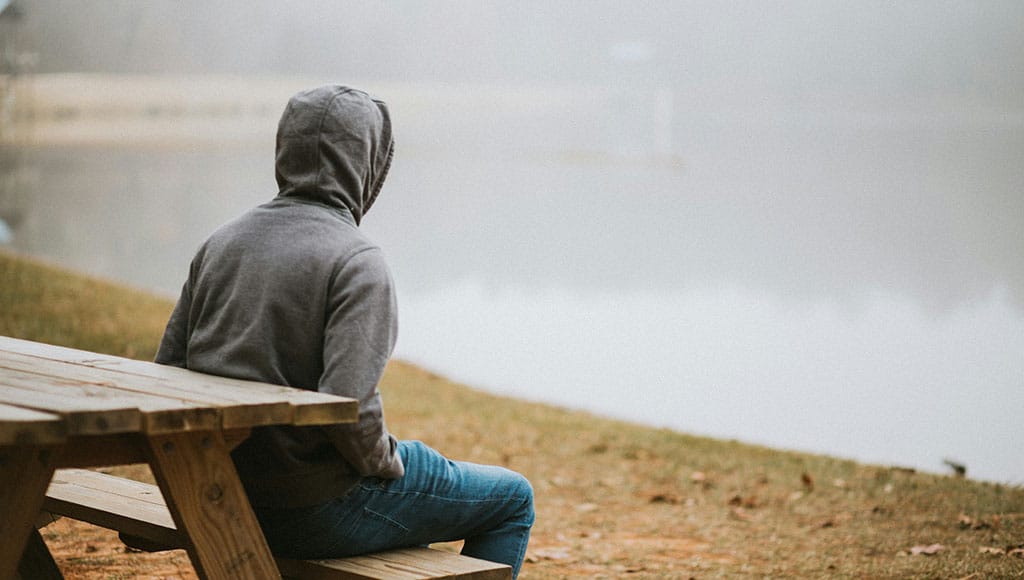Of late, I have been trying to practice the art of doing nothing, and I must admit that it is a far more challenging task than I imagined it to be.
And that is because there are a lot of mutually contradictory things at play here, since nothing is not something that can actually be done, if you know what I mean. On the contrary, if anything is not done, only then does it amount to, well, nothing.
Therefore, it can be said that doing nothing is almost as elusive as finding divinity, and if to discover God one must look inwards, similarly to doing nothing, one has to look towards one’s own mind. And make it still. Which is an impossible achievement, especially in this day and age where we are constantly bombarded with an overload of information via the social media.
The 19th century writer Oscar Wilde underlined this problem, in his essay, The Critic as Artist: With Some Remarks on the Importance of Doing Nothing. “To do nothing at all is the most difficult thing in the world, the most difficult and the most intellectual,” he wrote. I agree with both, him and Queen Mary (the paternal grandmother of the erstwhile Queen Elizabeth II of England) who advised the monarch in the Netflix TV series ‘The Crown’ in an identical manner.
“To do nothing is the hardest job of all. And it will take every ounce of energy that you have. To be impartial is not natural, not human. People will always want you to smile or agree or frown. And the minute you do, you will have declared a position, a point of view. And that is the one thing as sovereign that you are not entitled to do. The less you do, the less you say or agree or smile, the better,” Queen Mary instructed the young ruler.
However, how exactly does one do, agree, smile or say less? We are so busy rushing from one task to the next that there is hardly any period of inactivity in our normal lives. Soon we get used to all the constant movement and find it difficult to cope with unstructured breaks, such as holidays or weekends and fill them also with a series of pre-programmed events. Unfortunately, all this outward busyness is what prevents us from experiencing quietude, without which one cannot achieve the tranquillity of nothingness.
Doing nothing for a pre-determined period of time induces a state of relaxation, lowers blood pressure, improves digestion, relaxes muscles and sharpens your focus, said Francine Toder, Ph.D., a retired clinical psychologist and faculty member of California State University.
“When you’re very busy, the stress hormone cortisol increases, and that raises your blood pressure, increases muscle tension and intensifies irritability. You need to actively do something to reverse the stress response, which is what ‘doing nothing’ accomplishes,” she said.
Right! While I was still trying to process this alien concept, my Aunt called.
“What are you doing”, she asked.
“Nothing”, I said.
“Why? Are you ill?” my Aunt was concerned.
“No, I am just”, I tried to explain.
“Just what? Make some friends. Join a gym”, she interrupted.
“Doing nothing”, I finished my sentence.
“But that is for the intellectual lot”, she commented.
There was a pause in the conversation.
“I know their type. They do a whole lot of nothing. What good is that?” she sounded furious.
“Good for nothing”, I sighed.
By Nickunj Malik
|| features@portugalresident.com
Nickunj Malik’s journalistic career began when she walked into the office of Khaleej Times newspaper in Dubai thirty-one years ago and got the job. Since then, her articles have appeared in various newspapers all over the world. She now resides in Portugal and is married to a banker who loves numbers more than words.




















